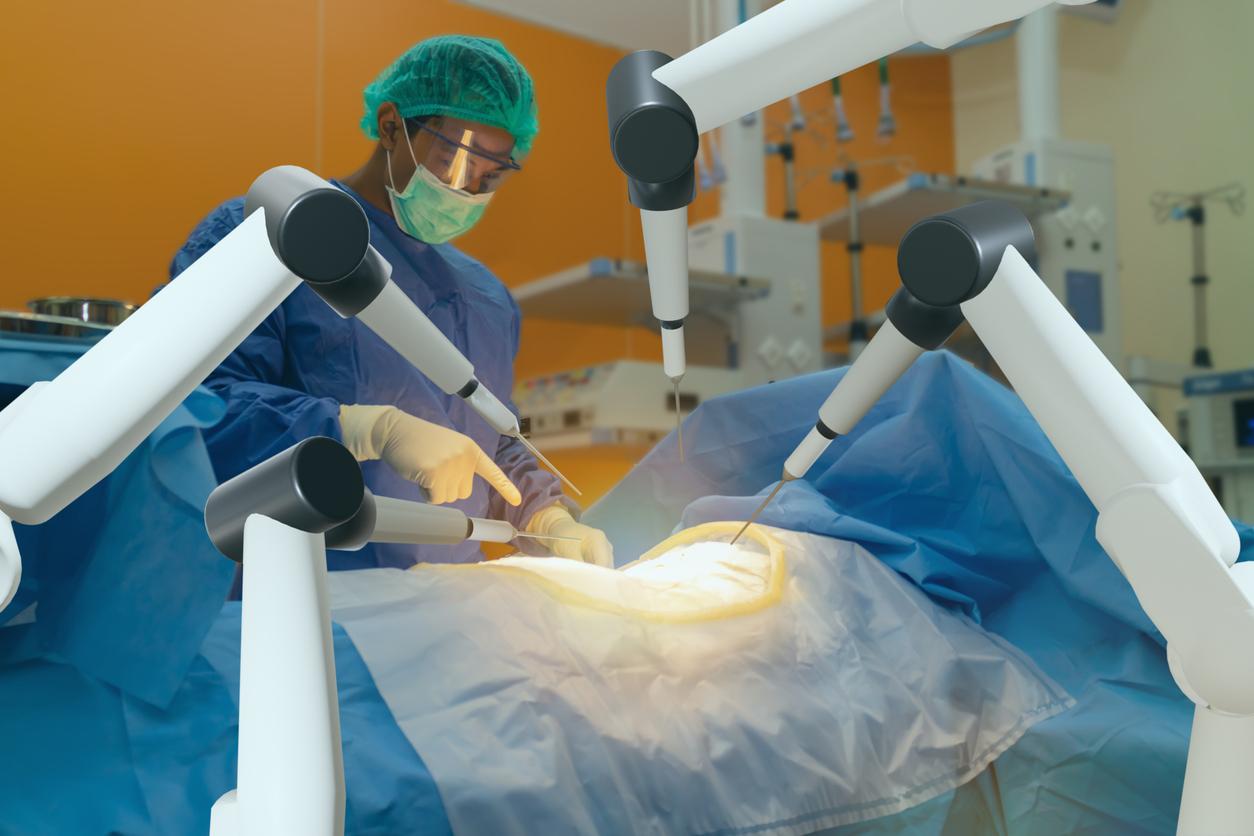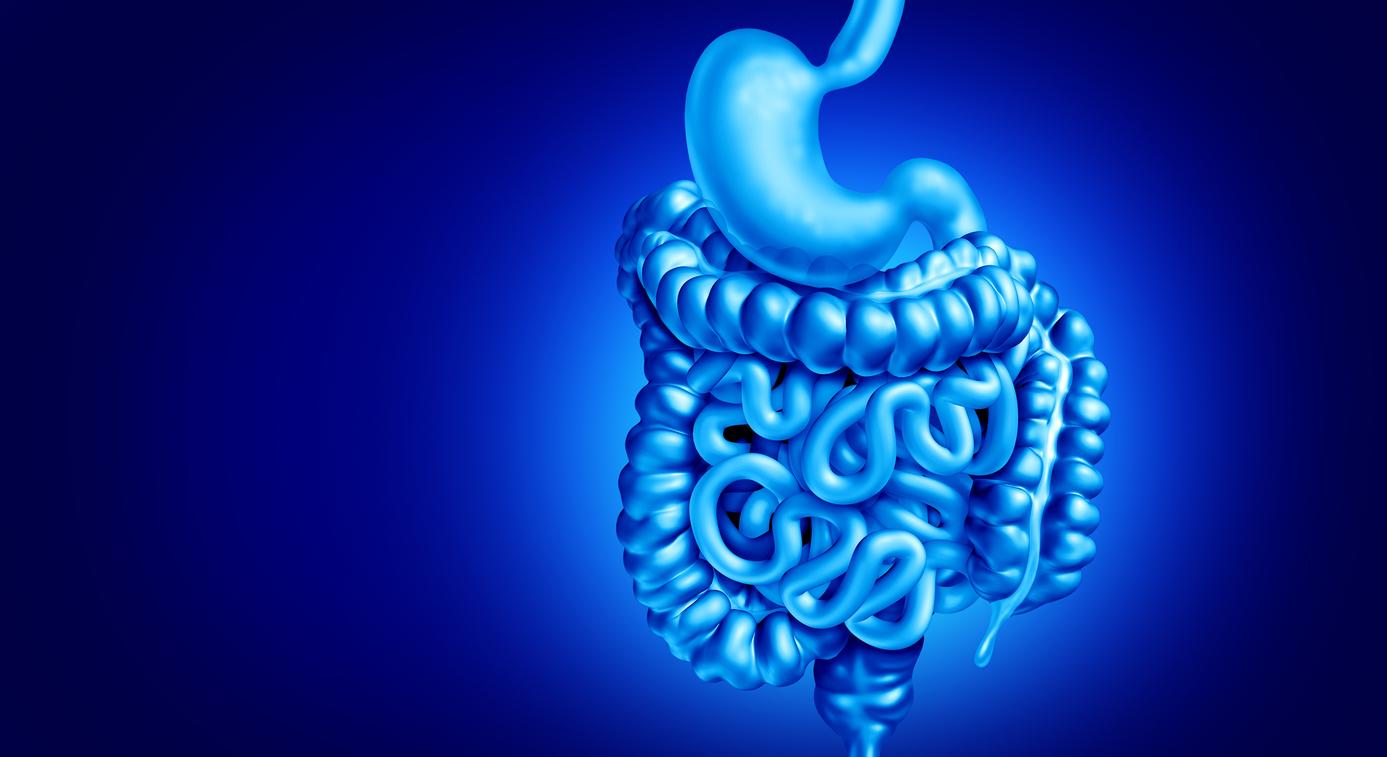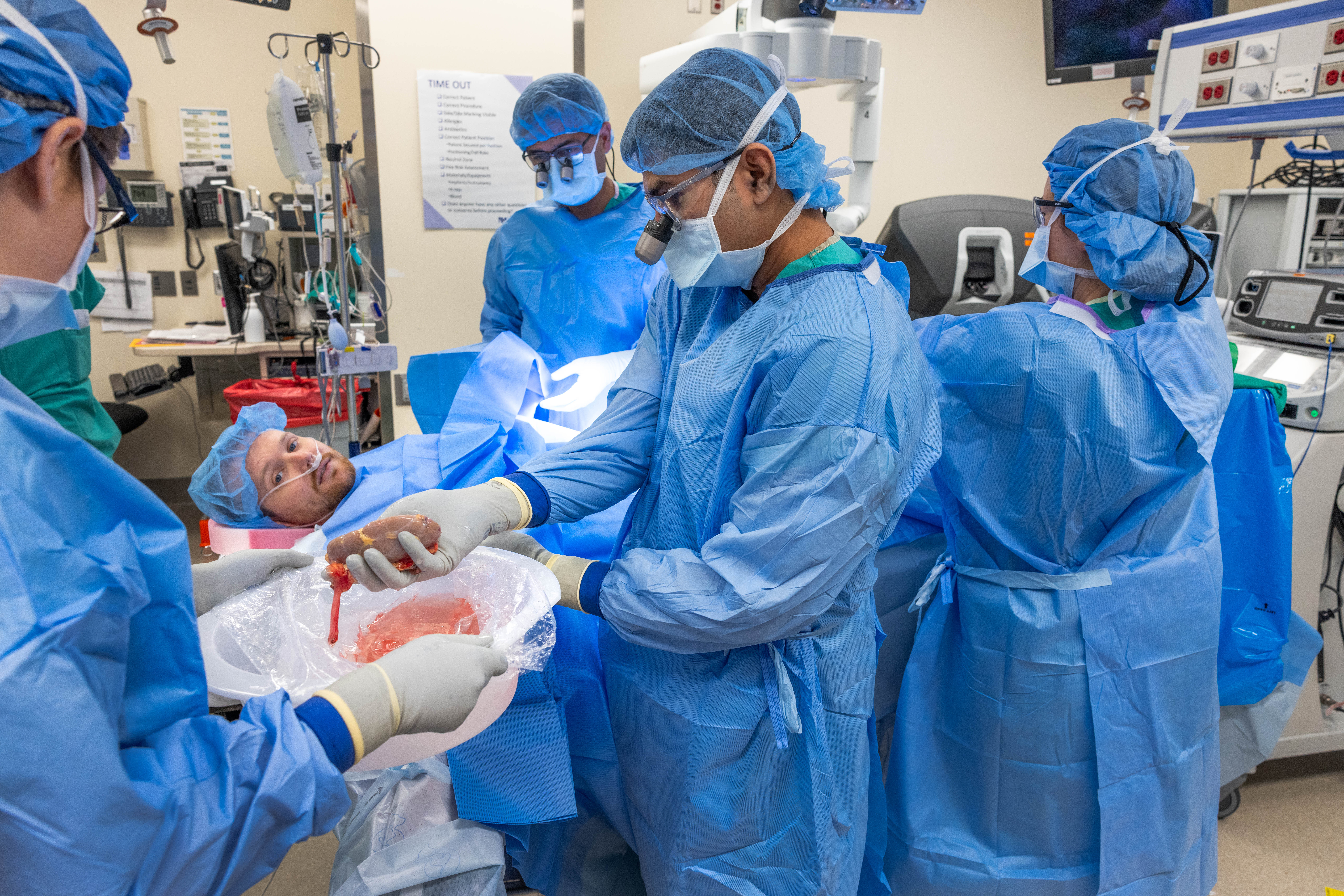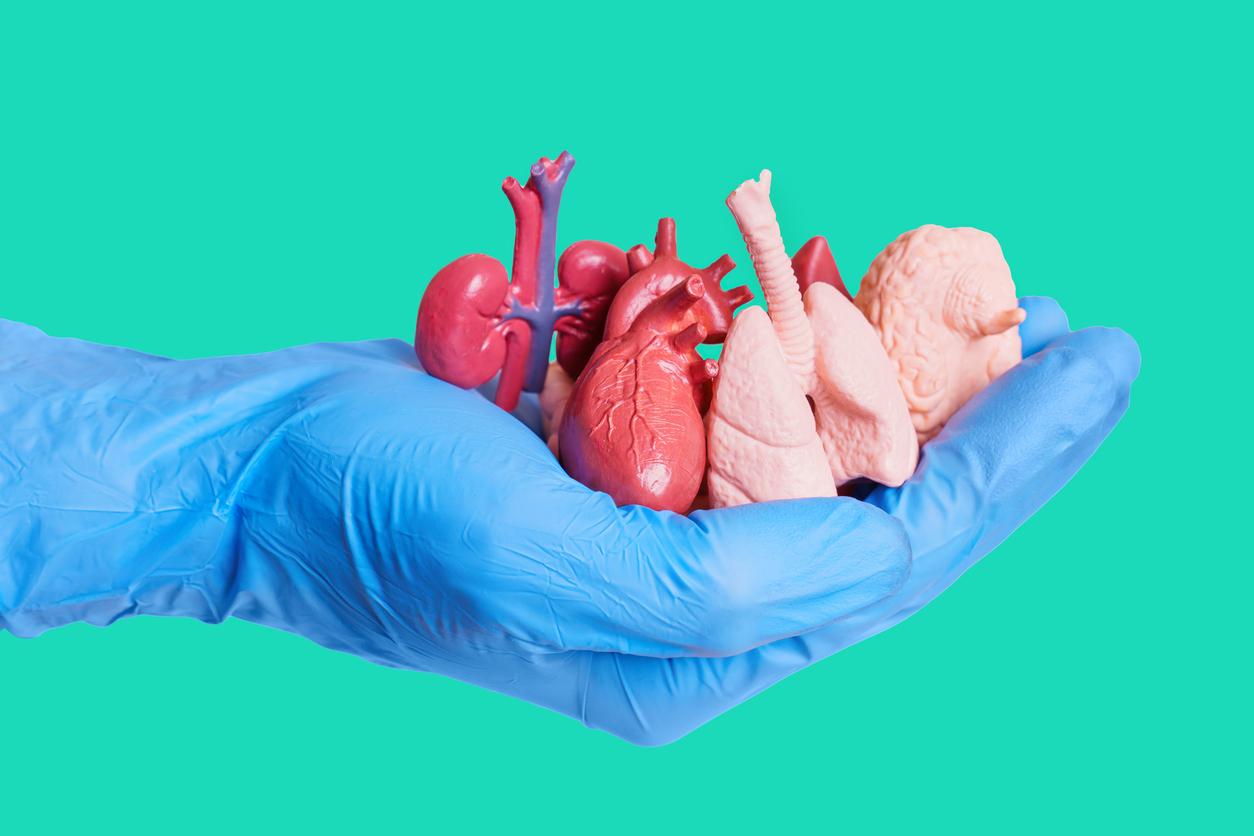Scientists at the University of California, San Francisco have just developed the first pluripotent stem cells capable of bypassing the body’s immune response, and therefore preventing rejection of a transplant.

Will it soon be possible to circumvent the risk of rejection during a transplant or graft? This is what new work by a team of researchers from the University of California (UC), San Francisco, suggests.
In a study published in the journal Nature Biotechnologythey explain that they have succeeded in developing pluripotent stem cells capable of thwarting the body’s immune response and therefore preventing possible rejection of transplants.
Bypass iPS Cell Limits
Because even today, the main complication of organ transplantation is the phenomenon of rejection. The cause: the immune system, which is programmed to eliminate anything it perceives as a foreign body. If it thus manages to protect the body against infectious agents, the immune system also perceives the transplanted organs, tissues or cells as a potentially dangerous foreign incursion, which causes rejection of the transplant or “histocompatibility imbalance”.
To circumvent this problem, as well as that of the scarcity of donated tissue, scientists first turned to induced pluripotent stem (iPS) cells, that is, stem cells created from mature cells like those of the skin and reprogrammed so that they can develop in the other tissues and organs of the body.
But in practice, the clinical use of iPS cells has proven to be complicated. Firstly because reprogramming the cells of many patients was not possible, but also for financial reasons. “There are many issues with iPS technology, but the main hurdle is quality control and reproducibility. We don’t know what makes certain cells susceptible to reprogramming, but most scientists agree that it is impossible to do so reliably,” says Dr. Tobias Deuse, lead author of the study. “Most individualized iPS therapy approaches have been abandoned for this reason.”
No rejection phenomenon observed on human cells
The researchers therefore took a different approach by creating “universal” and pluripotent stem cells, capable of differentiating into any cell in the body. By working on a mouse model, they discovered that it was enough to modify the activity of three genes of the iPS cells to prevent them from being rejected after being transplanted. “This is the first time that anyone has genetically engineered cells that can be transplanted universally and have been able to survive in immunocompetent recipients without eliciting an immune response,” Dr. Deuse said.
First, the researchers used iPS cells to suppress two genes that send signals to the immune system and can trigger an immune response. This first step was intuitive: cells lacking these genes cannot therefore emit the signal that “marks” them as “foreign agents” for the immune system. However, they do not receive a “free pass”. Instead, they become the target of another type of specialized immune cell, called natural killer (NK) cells.
The scientific team then discovered that a cell surface protein called CD47 can act as a “don’t eat me” signal against macrophages. The scientific team then discovered that a cell surface protein called CD47 can act as a “don’t eat me” signal against macrophages and prevent rejection. Tests carried out on mice have attested to the power of this protein.
New hope for heart transplants
“Our technique solves the problem of rejection of stem cells and stem cell-derived tissues and represents a major breakthrough in the field of stem cell therapy,” says Dr. Deuse. “Our technique can benefit more people with much lower production costs than any individualized approach. We only need to manufacture our cells once and we are left with a product that can be applied universally,” he concludes.
.















